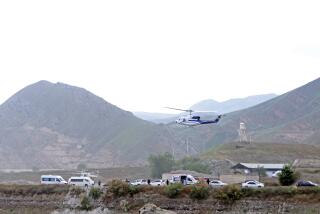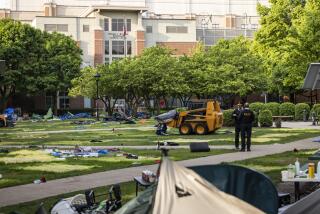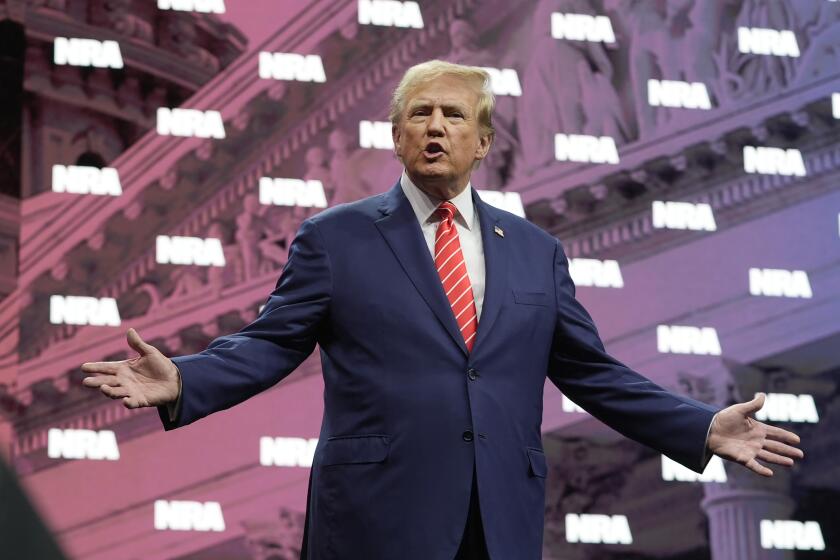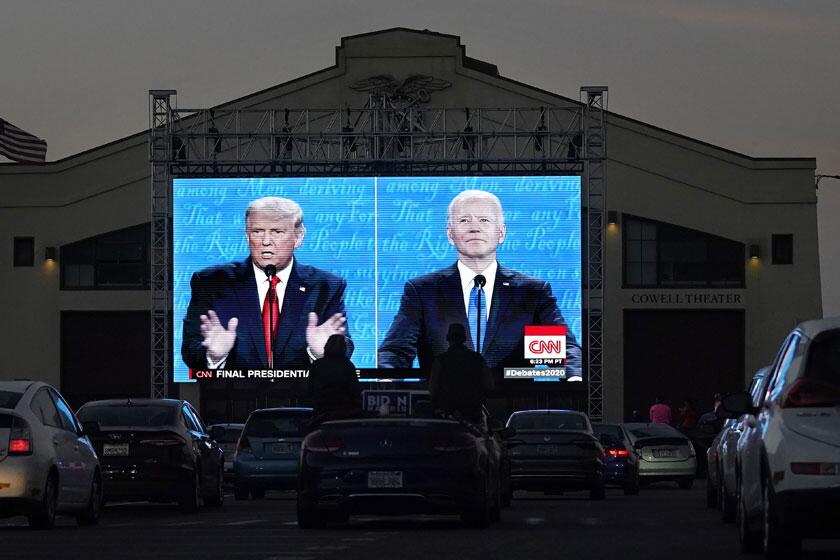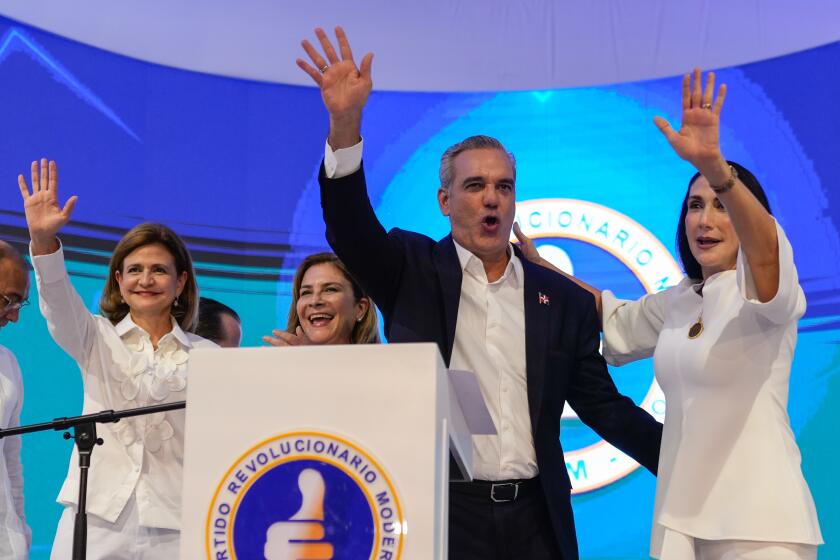Yet Another Truce Called in Embattled Bosnia
Bosnia’s warring parties agreed Saturday to stop fighting to allow peace talks to proceed. But the rebel Serb leader said the government must accept partition or battle to the end.
Gen. Francis Briquemont, the new Belgian commander of U.N. forces in Bosnia, secured the cease-fire agreement after meetings with Gen. Ratko Mladic, commander of Bosnian Serb forces, and Bosnia’s president, Alija Izetbegovic.
Bosnia’s 16-month-old war is littered with broken truces, and Izetbegovic requested that peace talks be delayed to see if Bosnian Serbs held their fire and if Bosnian Croats allowed aid convoys through their territory.
Briquemont said Izetbegovic had agreed to attend the talks in Geneva, delayed until Tuesday, if the accord is honored.
The truce was to take effect at 10 a.m. today to give commanders time to get word to their troops in the field. The truce applied to the Muslim-led government’s troops, the Bosnian Serb army and the Bosnian Croat militia.
Hours after the plan was announced, intense shelling slammed the hills just north and southwest of the city center. Before dawn, Sarajevans were jolted by heavy artillery and small-arms fire.
Sarajevo has been subjected recently to intensive bombardment and infantry attacks on its outskirts as rebel Serbs try to pressure the government into accepting a Serb-Croat plan to partition Bosnia into three ethnic states. The government, and especially Izetbegovic, wants Bosnia to remain a federal, multiethnic country.
Radovan Karadzic, the Bosnian Serb leader, accused Izetbegovic of delaying talks to avoid negotiating the reality on the ground. Bosnian Serbs hold 70% of Bosnia’s territory and Croats most of the rest.
Karadzic said he would go to Geneva on Tuesday with the demand that Izetbegovic sign a truce and agree to a confederation of ethnically defined, sovereign states.
More to Read
Start your day right
Sign up for Essential California for news, features and recommendations from the L.A. Times and beyond in your inbox six days a week.
You may occasionally receive promotional content from the Los Angeles Times.
